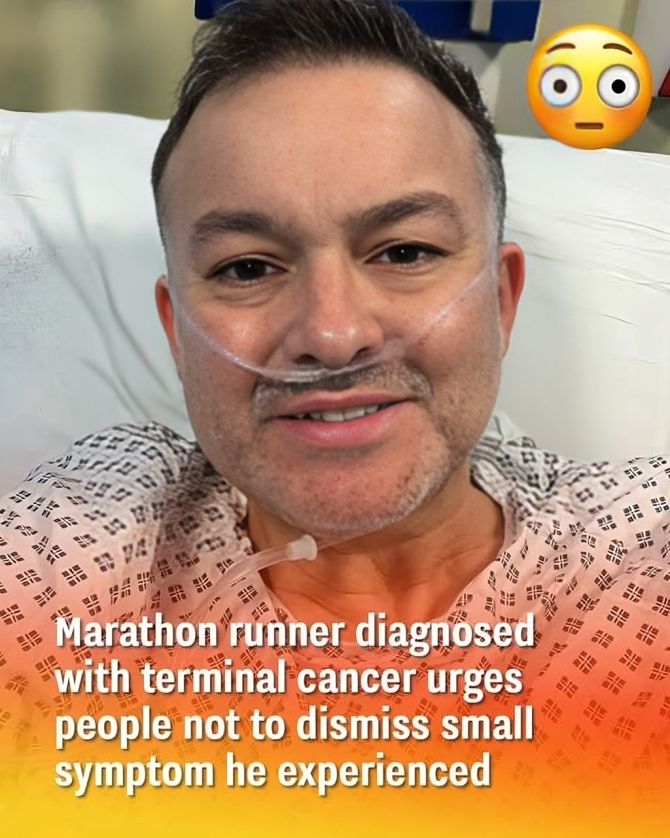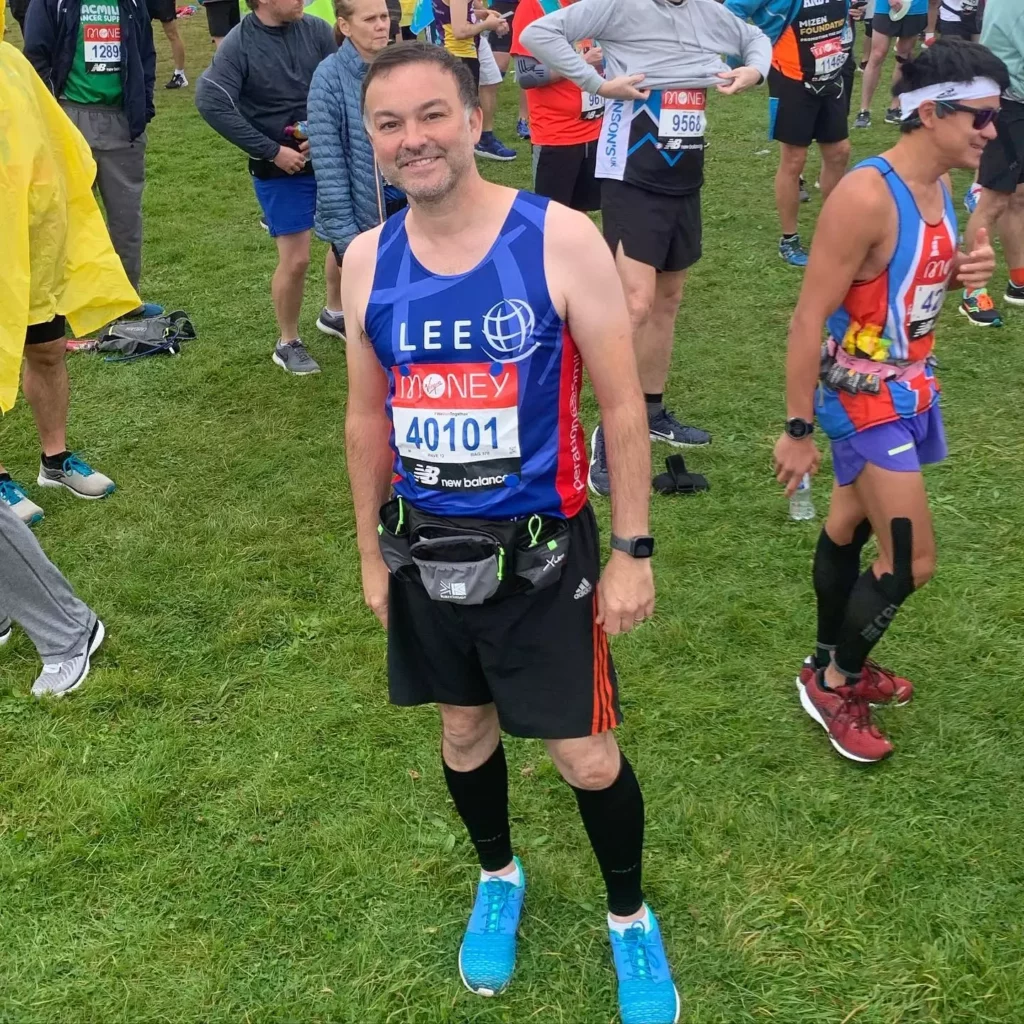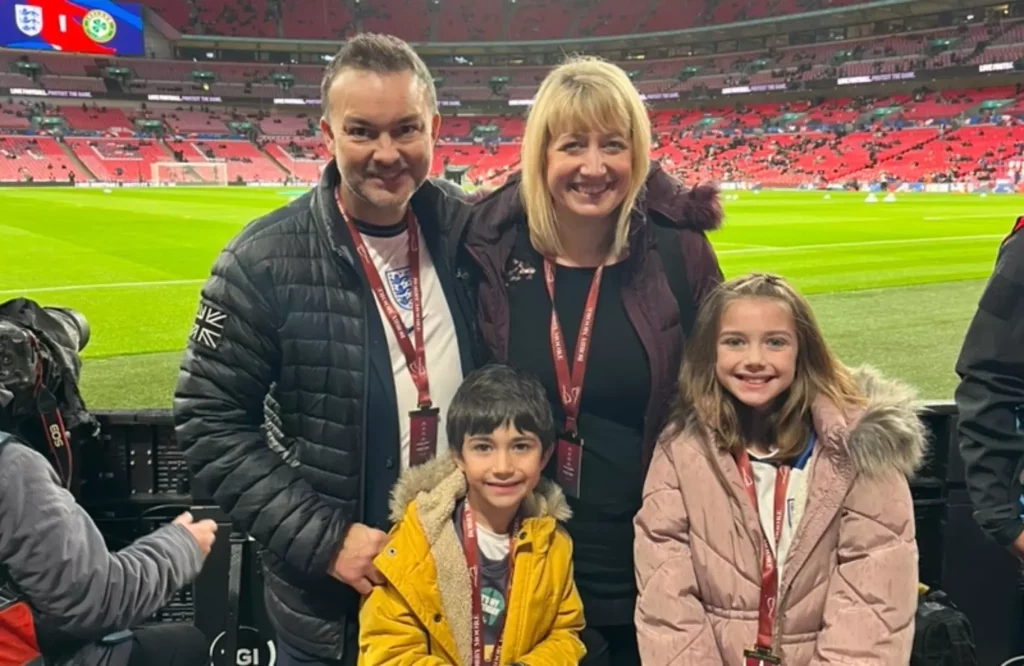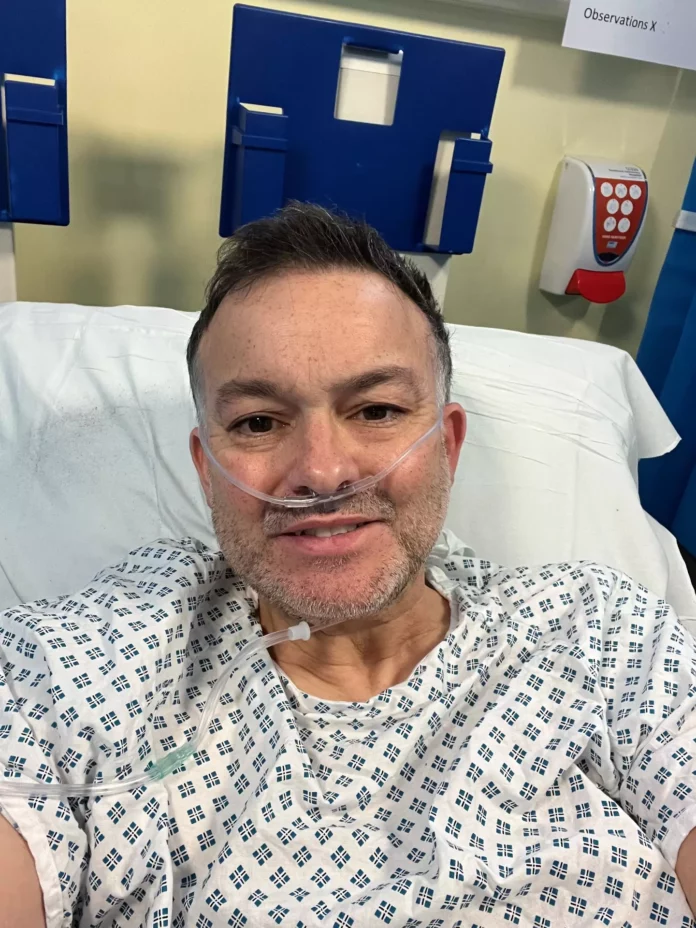
Marathon Runner Warns Against Ignoring Symptoms After Cancer Diagnosis
Lee Rawlinson, a 51-year-old marathon runner and medical sales representative from Essex, UK, is urging people to take small health problems seriously. What he thought were minor issues turned out to be terminal pancreatic cancer. On Halloween, Lee learned the cancer had spread to his liver, and doctors gave him just months to live.
Lee, who lives with his wife Faye and their children Darcey, 10, and Marley, 7, is making the most of his time with his family. “This will be my last Christmas,” he shared. “I’m not afraid of dying, but leaving my wife and kids behind is heartbreaking.”

Lee’s symptoms began in January with a dull ache in his lower abdomen. He thought it was stress-related and didn’t act right away. Even after seeing a doctor and getting tests, no immediate concerns were found. By September, the pain became unbearable. “It felt like someone was pushing a pole through me,” he explained. A hospital visit later revealed the devastating truth: terminal pancreatic cancer.
Looking back, Lee wishes he had pushed for further testing earlier. “If something feels wrong, don’t ignore it,” he urged. “Persistent pain or unusual symptoms might seem small, but they could save your life if caught early.”

Lee also learned about a family history of pancreatic cancer, with his grandfather having battled the same disease. This highlights the importance of knowing your family’s medical history.
Now, Lee focuses on creating memories with his family. He surprised his children with a trip to Lapland and is determined to enjoy every moment he has left. He also advocates for better research into pancreatic cancer, noting that survival rates have barely improved in decades. “More attention is needed so this disease doesn’t destroy more families,” he said.

Lee’s story is a reminder to listen to your body and act quickly when something feels off. If you’re experiencing symptoms or need support, contact the American Cancer Society at 1-800-227-2345.
